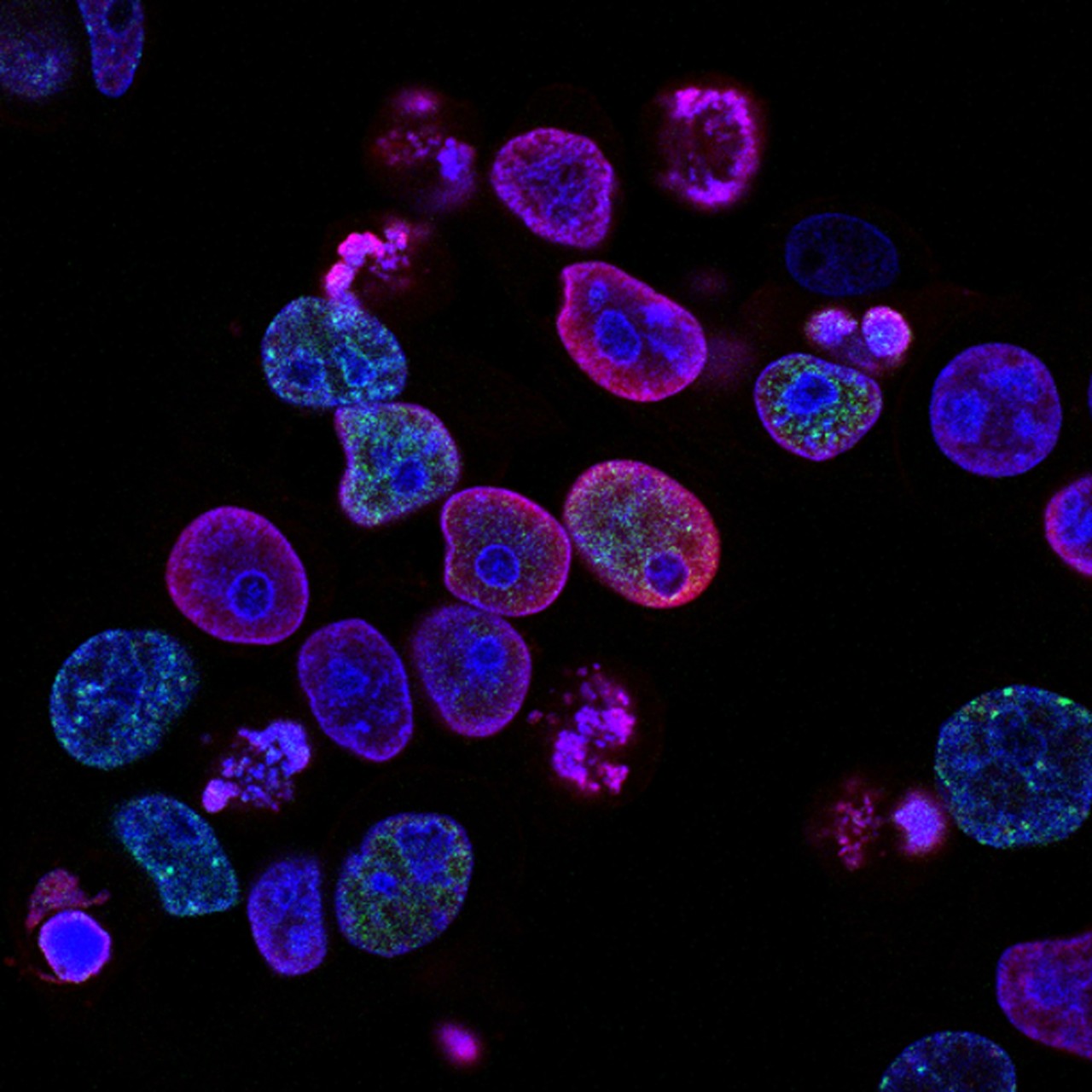
Healthline: UC expert discusses colorectal cancer
The University of Cincinnati's Carla Justiniano spoke with Healthline about colorectal cancer in an article about a woman diagnosed with the cancer when she was seven months pregnant.
Genetic testing for Amanda Webb's baby revealed abnormalities, but further testing found the baby was healthy and Webb had stage 4 colon cancer. She had previously been diagnosed with stage IA malignant melanoma.
Justiniano, MD, said a previous history of several cancers is associated with colon cancer, but malignant melanoma is not a common one. She noted rates in colorectal cancer are rising among young people.
“[This] is likely explained by a birth cohort effect where only persons born after the 1950s experienced the increasing rates of colorectal cancer, meaning these people have had different exposures to foods and environmental factors that impact the microbiome and inflammation in their colon, which are thereby thought to drive carcinogenesis,” said Justiniano, a colorectal surgeon at the University of Cincinnati Cancer Center and assistant professor in UC's College of Medicine.
It is recommended for healthy patients to begin getting colonoscopies at age 45. Those with a first-degree relative who has had colorectal cancer should begin screening 10 years earlier than their family member's diagnosis.
“Patients with a diagnosis, especially when caught at screening, are often in disbelief because they feel fine, but in fact, many colon cancer patients are caught early and have zero symptoms, which highlights the importance of a screening colonoscopy,” she said. “There are many cancers that we cannot screen for, but colorectal cancer is not one of those, and thus we should be appreciative of that and take advantage of it,” said Justiniano.
Featured photo at top of colorectal cancer cells.
Related Stories
Love it or raze it?
February 20, 2026
An architectural magazine covered the demolition of UC's Crosley Tower.
Social media linked to student loneliness
February 20, 2026
Inside Higher Education highlighted a new study by the University of Cincinnati that found that college students across the country who spent more time on social media reported feeling more loneliness.
Before the medals: The science behind training for freezing mountain air
February 19, 2026
From freezing temperatures to thin mountain air, University of Cincinnati exercise physiologist Christopher Kotarsky, PhD, explained how cold and altitude impact Olympic performance in a recent WLWT-TV/Ch. 5 news report.
